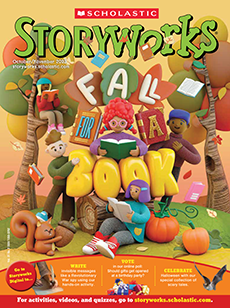“Sorry you have to miss your lifeguard class again, Sanjay,” my little sister, Nisha, says to me from her car seat.
“Oh, it’s OK,” Aai says as she drives into the community center parking lot. “Sanjay will have fun playing basketball while he waits.”
Baba smiles. “And don’t worry, you can make up the missed class next week.”
I gently rub my tongue over my braces, which can cut me like my parents’ words. This is a disaster, I think to myself. I’m never going to be a certified lifeguard if I miss every week.
But that doesn’t matter in my family, because our whole life revolves around my sister’s spelling bees. If you’ve ever watched the Scripps National Spelling Bee, you know it’s a big deal. The kids in it are basically celebrities. Just ask Nisha. She started spelling at 22 months old. The local news even did a story on her. And now, at age 6, she’s the under-15 spelling bee champ of our state.
I don’t mind Nisha getting all the attention. I’m proud of her too. But I’m way more interested in another eight-letter word that starts with “s” and ends with “ing”: swimming. I love everything about the water, from the way it feels on my skin to the smell of the ocean to the sea creatures that live there. Most of all, I love helping other people in the water. It’s my thing. But this Friday afternoon, instead of going to my junior lifeguard class, I have to go to yet another spelling bee.
I don’t complain though—at least not out loud. Why make waves when you can just go with the flow?


